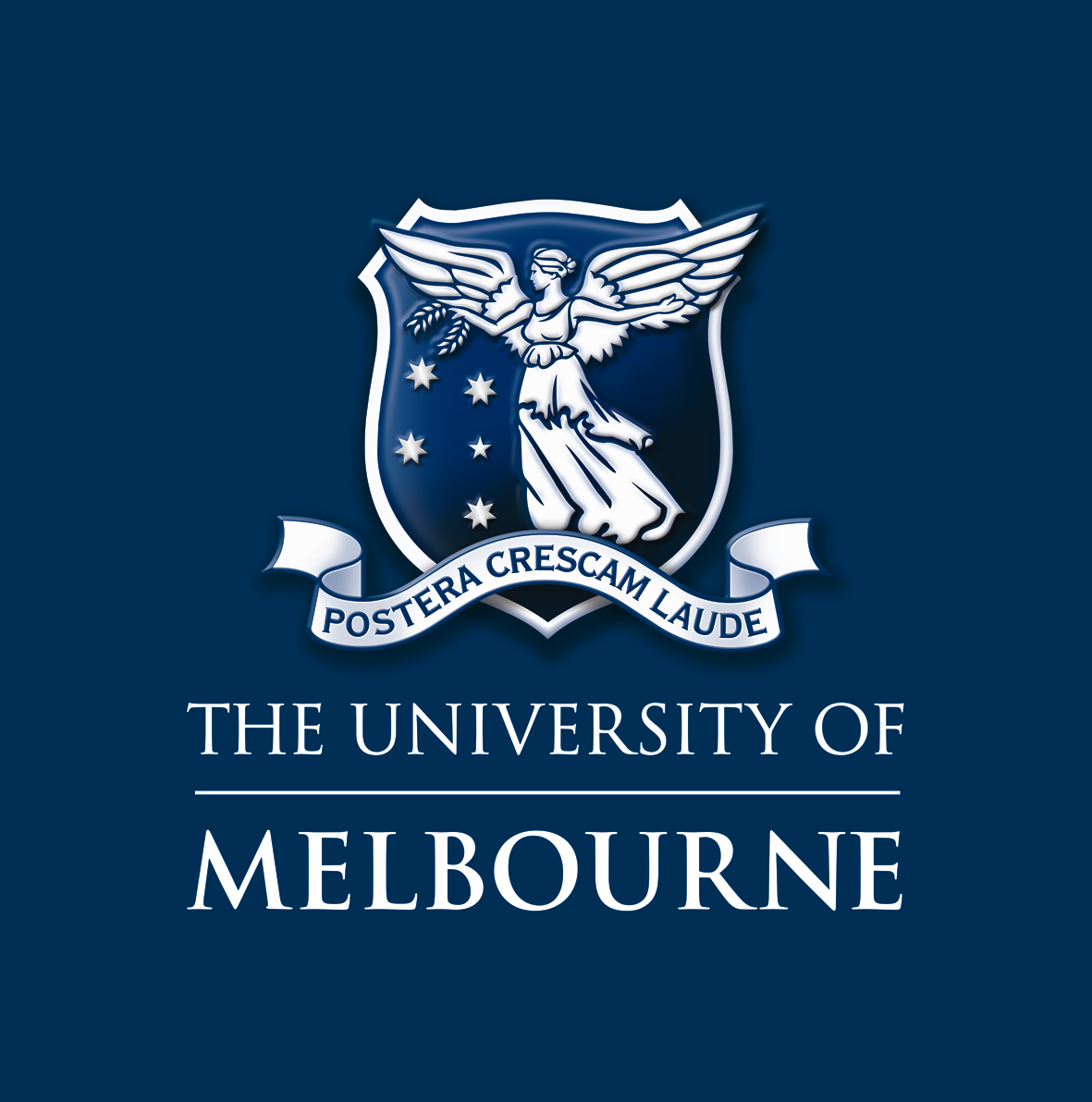Project: Monitoring O-linked glycosylation dynamics within Burkholderia cenocepacia
Scott group
The goal of this project is to understand how the occupancy of glycosylation sites change in response to different growth conditions and perturbations of the key glycosylation enzyme pglL. Using a combination of proteomics and gene silencing with CRISPRi we aim to understand which glycoproteins are preferentially glycosylated to dissect the protein features which govern glycosylation. By better understanding the mechanisms which influence the rate at which a protein becomes glycosylated this may one day improve the efficiency of generating novel glycoconjugates, such as vaccines, using bacterial glycosylation systems.
Contact project supervisor for further
information and application enquiries
Scott group
3 vacancies


The Scott Group focuses on the application of molecular microbiology and mass spectrometry (MS)-based methodologies to characterise microbial systems. The key focus of the lab is understanding how pathogens of the Burkholderia genus cause disease and why proteins decorated with carbohydrates influence Burkholderia pathogenesis.
Projects within the Scott lab: Two broad projects are currently on offer in the Scott lab; Project 1 involves using proteomics and CRISPRi based approaches to understand which glycoproteins are preferentially glycosylated within Burkholderia cenocepacia. Project 2 involves using proteomics to study the impact of Burkholderia cenocepacia infections on Eukaryotic cells using a combination of proteomics approaches.
Scott group Current Projects
-
Monitoring O-linked glycosylation dynamics within Burkholderia cenocepacia
PhD/MPhil, Master of Biomedical Science, Honours
-
Turning a conserved system bad; Understanding how alterations within O-linked glycosylation biosynthesis results in toxicity in Burkholderia cenocepacia
PhD/MPhil, Master of Biomedical Science, Honours



